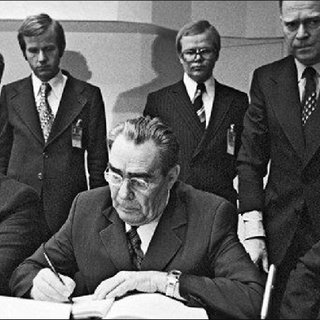
Declaration of Helsinki
The Declaration of Helsinki is a cornerstone document in the history of medical ethics. It was formulated by the World Medical Association (WMA) in 1964 and outlines the ethical principles for conducting medical research involving human subjects. It was written in the aftermath of the Second World War and its atrocities and represents a significant step forward in safeguarding human dignity and preventing research abuses.
The historical roots of the Declaration can be traced back to earlier ethical codes, such as the Hippocratic Oath. These codes emphasized the physician’s duty to “do no harm” and to act in the best interest of their patients. However, the 20th century witnessed a dramatic rise in medical research, particularly during World War II. Some of this research involved unethical practices, such as the Nazi experiments on concentration camp inmates. These atrocities highlighted the urgent need for a comprehensive set of ethical guidelines for medical research.
The Declaration of Helsinki was adopted in 1964 during the 18th WMA General Assembly in Helsinki, Finland. This initial version established crucial principles, including informed consent, protecting vulnerable populations, and the need for scientific justification for research.
However, the field of medical research continued to evolve rapidly, necessitating revisions to the Declaration. Since its inception, the Declaration has undergone multiple revisions, reflecting these advancements and addressing emerging ethical concerns. In 1975, the Tokyo Declaration emphasized the need for an independent, honest review of research protocols. The Venice Declaration, adopted in 1983, addressed organ transplantation’s ethical complexities. Recognizing the unique research challenges in developing countries, the Hong Kong Declaration of 1989 offered moral guidance in this context. The Edinburgh Declaration of 2000 further refined ethical standards by introducing provisions regarding placebo control use and ensuring participants’ post-trial benefits. Finally, the Fortaleza Declaration of 2013 highlighted the critical role of public engagement in promoting ethical research practices. These revisions demonstrate the ongoing commitment to ensuring the Declaration remains a relevant and adaptable framework for guiding ethical medical research.
Despite its significant contributions, the Declaration of Helsinki continues to face challenges. Issues such as research involving vulnerable populations, the commercialization of research, and the patenting of genetic information remain complex and require ongoing ethical consideration. Looking ahead, the Declaration must continue to adapt to new technologies and emerging ethical dilemmas. This will require ongoing collaboration between the WMA, researchers, ethicists, and the public.
The Declaration of Helsinki is a testament to the ongoing quest for ethical research practices. Its journey of evolution reflects the changing landscape of medicine and the commitment to protect human dignity. As we move forward, we must continue to learn from the past and ensure that the Declaration remains a guiding light for ethical medical research.
SOURCES:
World Medical Association. (2018). WMA Declaration of Helsinki – Ethical Principles for Medical Research Involving Human Subjects. Retrieved from https://www.wma.net/wp-content/uploads/2016/11/DoH-Oct2008.pdf
Grady, H. T. (2001). The Declaration of Helsinki and the ethics of international research. The New England Journal of Medicine, 344(14), 1066-1071.

